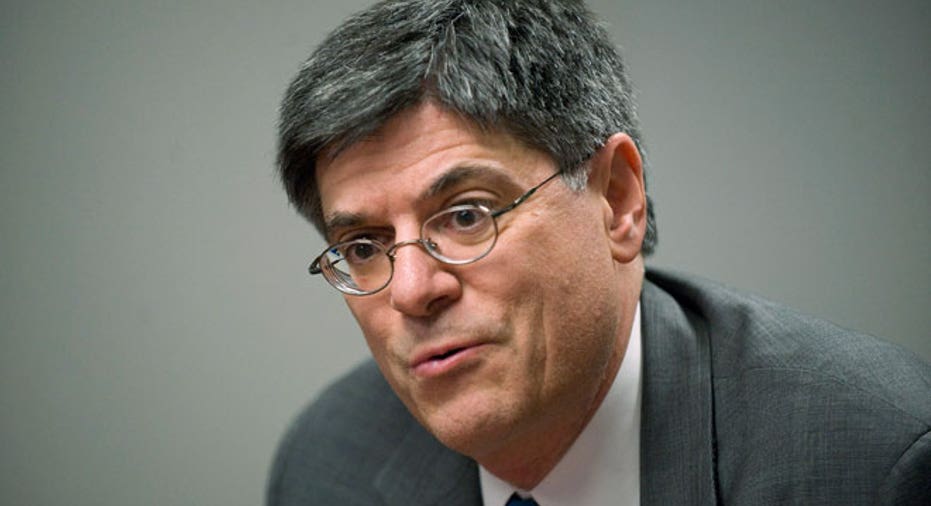U.S. Treasury's Lew Faults 'Bad Behavior' at Wells Fargo

U.S. Treasury Secretary Jack Lew said on Tuesday federal regulators were correct to punish Wells Fargo & Co for setting up sham accounts without customers' knowledge, but stopped short of calling for a clawback of pay from the head of the unit where the wrongdoing took place.
"It's bad behavior they were correct to take action against," Lew said at the CNBC Institutional Investor Delivering Alpha Conference in New York. "This is unacceptable behavior, and the kind of behavior we ought to catch and stop."
Last week, the U.S. Consumer Financial Protection Bureau and two other regulators fined Wells Fargo $185 million for creating more than two million fake accounts for products such as credit and debit cards, to help employees at the third-largest U.S. bank by assets to meet aggressive sales targets.
The civil enforcement action called into question Wells Fargo's oversight of "cross-selling," long a central part of its business model, in which employees encourage customers to buy products or to open accounts they might not otherwise consider.
Wells Fargo, based in San Francisco, said it fired 5,300 workers as a result of the conduct. The bank on Tuesday said it would eliminate all product sales goals in retail banking beginning Jan. 1.
Lew used the Wells Fargo case to defend the enactment of the 2010 Dodd-Frank financial reforms, which led to the creation of the CFPB, saying: "This is something that our watchdogs found."
Some lawmakers have called for a criminal investigation, and some commentators have suggested that Wells Fargo should claw back some compensation from Carrie Tolstedt, the community banking executive who was in charge of the unit responsible for the wrongdoing.
On Monday, Fortune magazine said Tolstedt will receive a $124.6 million compensation package in connection with her recently announced retirement.
Lew did not discuss whether prosecutions were warranted, but said no executive was "too big to jail," and declined to discuss whether a clawback from Tolstedt was warranted.
Still, he said the Wells Fargo episode was a "wake-up call" for the banking industry to show that the "culture and compensation make a difference." (Editing by Bernadette Baum)



















